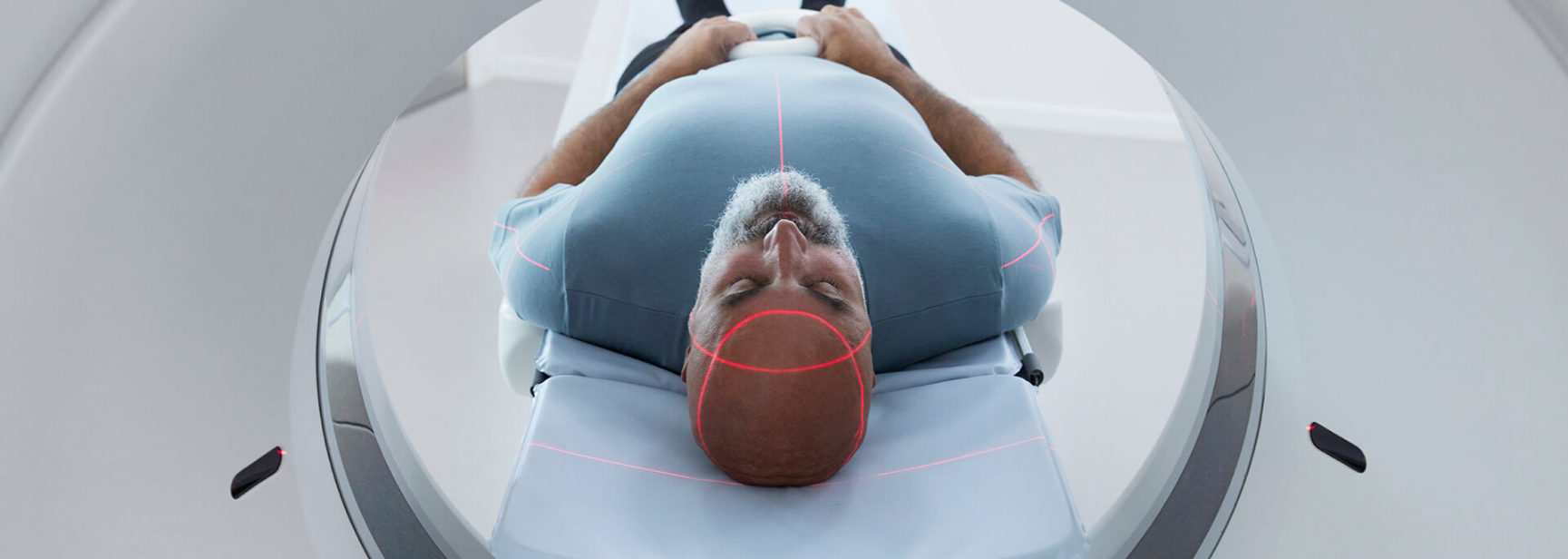Research with Purpose
Our client collaborations have been enhancing clinical practice and treatment of neurological and psychiatric disorders for decades, positively impacting human health, public policy and the testing of innovative therapeutic solutions.
Our Phase I-IV clinical trial research services can advance your neuroscience research program, from protocol development to regulatory submissions and publications, and we offer particular expertise in Alzheimer’s disease, multiple sclerosis, epilepsy, traumatic brain injury, stroke, major depression and substance use as well as rare neurological diseases like Duchenne Muscular Dystrophy, Primary Mitochondrial Myopathy, and Angelman Syndrome.
You can recruit necessary sites and patients using our global site and patient access capability, while our expert biostatisticians and clinicians can maximise insights from your clinical trial by incorporating validated neuropsychological and quality of life (QOL) assessments in your study design.

Steffanie Wilson

Jennifer McCormack

Kathryn Hefner, PhD

Paul VanVeldhuisen, PhD

Victoria Coleman-Cowger, PhD

Dikla Shmueli-Blumberg
Video
Emmes Clinical Neuroscience Spotlight: What are the key capabilities and expertise in Clinical Neuroscience at Emmes?
We can help to maximize site and patient-level data with electronic data capture of CRFs, patient reported outcomes and diaries, as well as data from phone apps, wearables, and other digital technologies.
Neuroscience Experience
Go Beyond Clinical Trial Management
Our neuroscience team offer you complex data warehousing and management solutions for biorepositories and clinical trials with multi-modal neuroimaging protocols.
We are currently the data coordinating center for the National NeuroAIDS Tissue Consortium (NNTC), sponsored by the National Institute of Mental Health and the National Institute of Neurological Disorders and Stroke.
We make tissue samples and data easily collectible, traceable, and accessible to researchers through the Emmes-managed NNTC website.
We also conduct ante and post-mortem tests on HIV/AIDS patients, and provide data warehousing services.
And, to date, we’ve collectively generated over 500 publications that have advanced understanding of neurological and psychological disorders in HIV/AIDS patients.
We also support clinical trials testing therapeutics for mild traumatic brain injury, PTSD, stroke and rare diseases. And we’re at the cutting edge of clinical research involving the use of psychedelic substances, such as psilocybin, to treat major depressive disorders and alcohol use disorder.
Our niche experience can be applied in managing trials involving Schedule I drugs, easing the regulatory and logistical burdens of developing such unique interventions.
To learn more about how Emmes can help you with Clinical Neuroscience, please contact us.

Advancing Clinical Research Through Standardization
Big Data and a World of Possibilities
Big Data and a World of Possibilities
Access to standardized research study data opens up a world of opportunity.
Since 2012, in our role as the Center for Clinical Research Resources, we’ve supported the Common Data Elements (CDEs) program sponsored by the National Institute of Neurological Disorders and Stroke (NINDS).
The program will “standardize the collection of investigational data to facilitate comparison of results across studies and more effectively aggregate information into significant metadata results.”
Our key focus is to create common definitions and metadata which enable data sharing among researchers.
We’re helping NINDS to manage the process and work groups to establish CDEs.
We also develop, manage and maintain the NINDS CDE website and database, allowing thousands of researchers worldwide access to information on neurological conditions including general, neuromuscular, stroke, and traumatic brain injury disorders.
We’ve grown the number of CDEs in the NINDS’ program to 18,000 across 24 neurological disorders, and there’s still more we can do.



